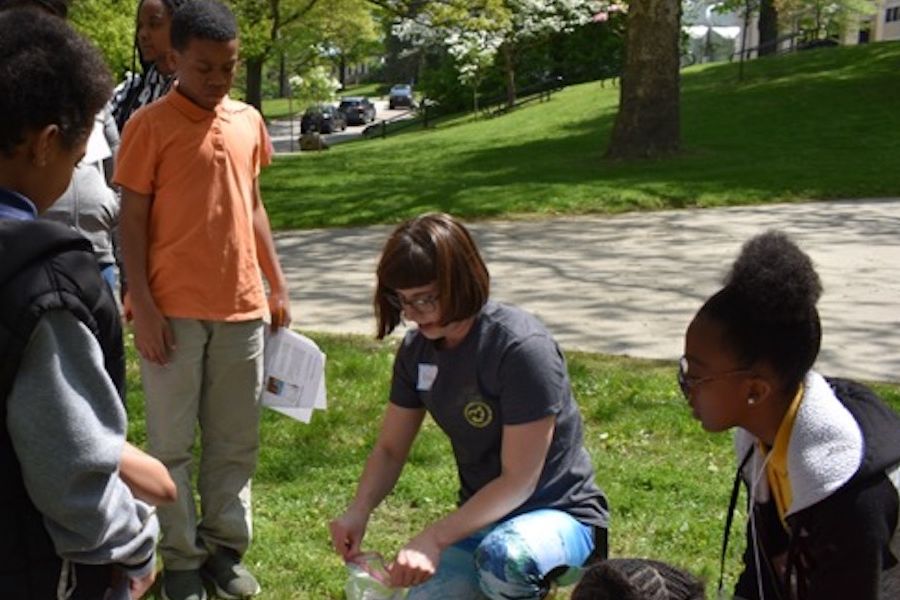Department of Earth Sciences

Recently, Joseph Ortiz, Ph.D., professor and assistant chair in the Department of Geology in şÚÁĎłÔąĎÍř’s College of Arts and Science, partnered with Sir Roland Jackson, Ph.D., a historian of science at the Royal Institution and the Department of Science and Technology Studies at University College London, to co-author a paper assessing the experiments described in Eunice Foote’s papers from a detailed quantitative perspective and to place them in historical context. They point out the differences between her hypothesis and that of the modern greenhouse effect.

Dr. Joseph D. Ortiz, a professor in the College of Arts and Sciences’ Department of Geology at şÚÁĎłÔąĎÍř, was part of an international team of researchers that co-authored an article about a deadly tsunami that occurred about 1,000 years ago in Tanzania. The study suggests that the tsunami risk in East Africa could be higher than previously thought.

Joseph D. Ortiz, Ph.D., professor and assistant chair in the College of Arts and Sciences’ Department of Geology at şÚÁĎłÔąĎÍř, recently authored a “News and Views” article in Nature Geoscience that discusses research carried out by another research team that reassessed the melt history and timing of the collapse of the Eurasian Ice Sheet Complex during the Last Deglaciation.

Dr. Joseph D. Ortiz, a professor in the College of Arts and Sciences’ Department of Geology at şÚÁĎłÔąĎÍř, was part of an international team of researchers that co-authored an article about a deadly tsunami that occurred about 1,000 years ago in Tanzania. The study suggests that the tsunami risk in East Africa could be higher than previously thought.

Joseph D. Ortiz, Ph.D., professor and assistant chair in the College of Arts and Sciences’ Department of Geology at şÚÁĎłÔąĎÍř, recently authored a “News and Views” article in Nature Geoscience that discusses research carried out by another research team that reassessed the melt history and timing of the collapse of the Eurasian Ice Sheet Complex during the Last Deglaciation.


After years of remote sensing work, Joseph Ortiz, Ph.D., a professor in the Department of Geology in the College of Arts and Sciences at şÚÁĎłÔąĎÍř, and his research team recently shared their development of new cost-efficient methodologies that may lead to much safer drinking water for people in Ohio and other municipalities affected by harmful algal blooms (HAB).

Bridget Mulvey, Ph.D., associate professor of science education in the College of Education, Health and Human Services; and David Singer, Ph.D., associate professor in the Department of Geology in the College of Arts and Sciences, recently merged real geology research with community service in an effort to show some Akron Public Schools students that science is not just a benefit to their community but a viable career option, too.
Bridget Mulvey, Ph.D., associate professor of science education in the College of Education, Health and Human Services; and David Singer, Ph.D., associate professor in the Department of Geology in the College of Arts and Sciences, recently merged real geology research with community service in an effort to show some Akron Public Schools students that science is not just a benefit to their community but a viable career option, too.

Imagine being a 17-year-old high school student, and in your first semester of a geology research internship, your professor asks you to identify an extinct 300-million-year-old, tiny and unknown crustacean specimen. Megan Schinker, then an ambitious Stow-Munroe Falls High School junior, jumped right in.